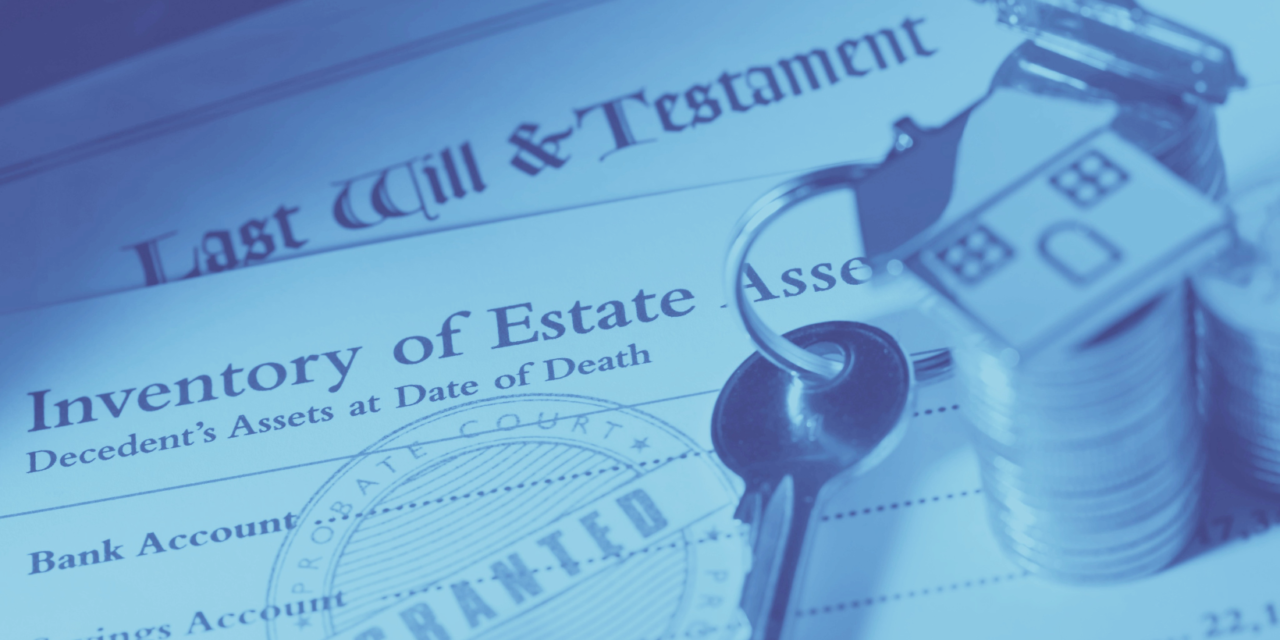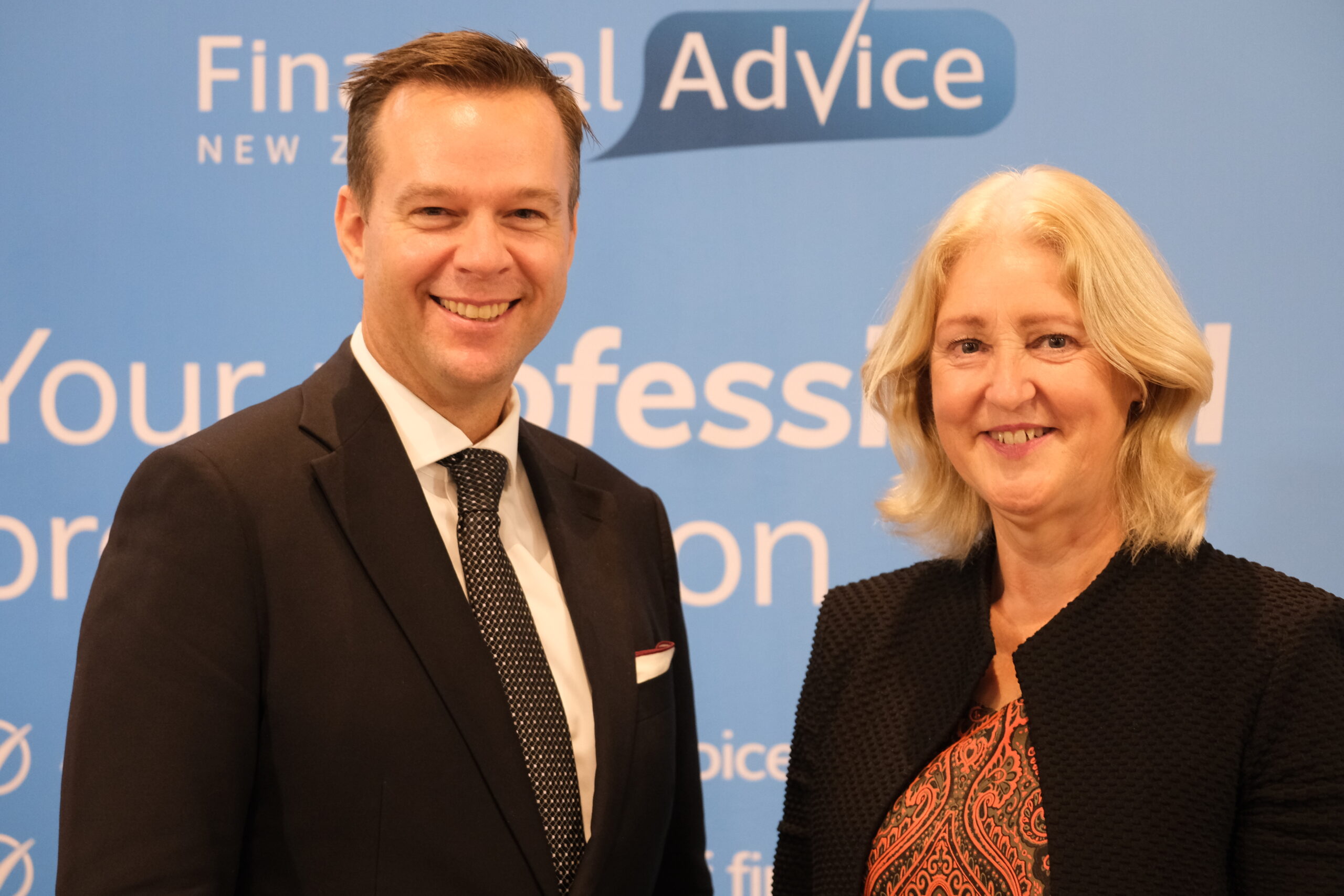Author Katrina Shanks, CEO Financial Advice NZ Article originally published in Stuff.co.nz.
Last week I wrote here about a gentleman who was told he couldn’t approve procedures to keep his very ill wife alive because he didn’t have an enduring power of attorney that would enable him to do that.
Frustrated by this, he had asked his lawyer about this requirement and was told it was “more important than a will”.
That advice could have added “until you die”. Because, while power of attorney appoints someone to make decisions on your behalf if, through poor health or other reasons, you can’t do that yourself, they lapse when you die. That’s when a will takes over, and plays an equally important role on delivering your wishes.
So, what is a will and how does it work?
Simply, a will is a document where you write down what you want done with your property after you die and how you want your surviving dependants looked after. This property is known as your estate, and includes everything you own, as well as everything you owe.
The whole area in and around wills is set in law.
There’s a very big plus to making sure you make a will: it can relieve financial and emotional strain on your family and help minimise the likelihood of dispute about your estate.
Anyone over 18 years of age can make a will. A will can be made by someone under 18 but only if they are or have been married, in a civil union, or in a de facto relationship.
So, when should you make a will?
You should always make one when you enter into a relationship which will involve shared property and belongings – if you marry, or enter into a de facto relationship or a civil union.
You should also always change your will if your relationship ends. If you don’t, it will remain valid until a court makes separation orders or you are divorced. A separation agreement or relationship property agreement won’t revoke your will, so if you want to avoid a dispute before that happens, you should change it as soon as the relationship goes south.
How do you make a will?
The law sets out how this should be done, but who you use to do it is up to you.
Most people use a law firm or the Public Trust, a government entity, to draw up their will, but whoever you use, a professional will ensure your will is legally valid.
You can make one yourself but, according to a Public Trust survey, just 4 per cent of people do. A DIY job may be okay if you don’t have a lot of assets, but if not, you’ll probably need legal advice.
There’s a lot of variation in price, so it’s always prudent to shop around.
For example, there are websites that offer kits for a one-time fee of less than $100 along with an annual administration fee of less than $10.
Public Trust offers an in-person service for $415, and online DIY range from $79 for a basic one best suited for a single person, $149 for their most common one, best suited for a family, to $199 for something more complicated. Optional extras can add several hundred dollars to each of these.
A lawyer’s pricing can be similar to Public Trust’s, with some even offering wills for free to existing clients.
If DIY on a private website is for you, make sure you do your research to make sure it’s run by a reputable company. They also may not cover everything you need, so it might pay to have an expert look over it to make sure your wording is clear. This would, of course, cost you extra.
So, what should your will include?
The most important thing to be aware of is the law says you have a moral duty to provide for close family members in your will. If you don’t, they have a right to contest it under the law. Cutting a close family member from your will is extremely difficult to do. And they can challenge it.
Though you choose what you want to say in your will, the law specifies how you should say it. If you don’t comply with the law, your will may be invalid. A lawyer can suggest how you can fairly provide for your family and dependents and clarify the wording to remove ambiguity.
Your will should provide for mortgage payments, overdrafts and debts. It can also include the distribution of items that hold sentimental value or which have been handed down through your family, such as heirlooms, which you may want to go to someone who you think will in turn pass them on to their descendants. You can also include a bequest or a gift to charity.
And remember, you can make a new will at any time.
You need to appoint at least one person you trust to carry out the instructions in your will and who will administer it till all property is distributed. This is the executor, and they can be a family member, friend, or lawyer.
There are advantages in naming a legal expert as executor because they can deal with legal matters and transfer any property. However, a trustee company or lawyer will charge your estate.
Not making a will, deliberately or accidentally, takes the decision-making out of your hands and can create unhappiness with your descendants. It can add to the time they receive their share of your estate.
If you die without a will (intestate), the law specifies how your property will be distributed. It goes something like this:
- Your spouse/partner gets your personal chattels, the first $155,000 of the estate and one-third of the rest. The other two-thirds goes to your children.
- If you have no children, your partner gets the personal chattels, the first $155,000 and two-thirds of the rest. Your parents get the other third. Your partner gets everything if your parents are deceased.
- If you have children but no partner, the estate is left to the children –
- If you have no partner or children, your parents inherit. If your parents are deceased, the estate is left to blood relatives, or to the Crown if no relatives exist.
Making a will ensures you can decide exactly who gets what parts of your estate.
I have a will which I updated recently after having the same one in place for over 15 years. It’s one of those things you put off but, strangely, think about and it sits in the back of your mind to update it. Having done that, I now have peace of mind that it’s more fit for purpose.
As my financial adviser would say – do anything that keeps the decision-making in your hands and will provide your family certainty as to your wishes when they are in a time of grief.





